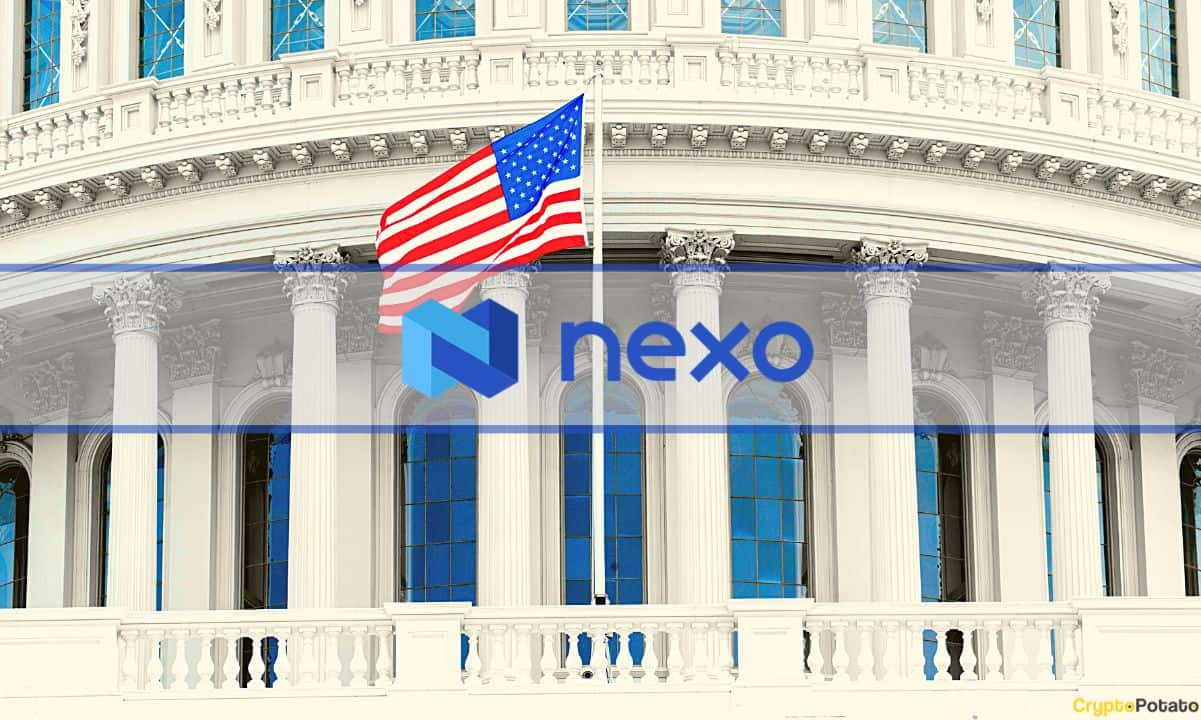The Central African Republic (CAR) is pushing ahead this month with a plan to tokenize over 1,700 hectares of land on Solana, an initiative now deeply entangled with a controversial memecoin, opaque governance, and accusations of deepfakes.
What began as a state-led “crypto-powered development” experiment has morphed into one of the year’s most confounding blockchain stories.
The Memecoin That Ate the Narrative
At the center of the storm is CAR, a memecoin launched on Pump.fun in February and touted by CAR President Faustin-Archange Touadéra as a symbol of national unity and economic revival. The token debuted with a flashy video, purportedly featuring Touadéra himself, and a vision: leverage the attention-grabbing dynamics of memes to power real-world impact.
But cracks appeared almost immediately. The promo account was suspended within 48 hours. Persian-language crypto outlets suggested the video might be AI-generated. On-chain sleuths like Coffeezilla pointed out that over 76% of the token supply is held by just four wallets.
Domain records revealed the project website was registered mere days before launch. No official decree or gazetted legal foundation has emerged since.
In other words, the state’s latest crypto experiment is unfolding in a haze of viral content and unverifiable claims.
Token Stats vs. National Economy
At press time, CAR trades at $0.056, down 32% on the day but still up over 300% month-on-month. Its market cap sits at ~$56 million, with a total supply of nearly 1 billion tokens.
That’s a sharp retrace from February, when it briefly hit a $500 million valuation, nearly 20% of CAR’s entire GDP. The 24-hour volume is modest at $1.28 million, and fully diluted valuation hovers around $56.4 million.
The government now says this memecoin will be the sole medium for buying tokenized land plots set to go live on June 21.
The land, 1,700 hectares west of Bangui near Bossongo village, will be offered as NFTs on Solana, though details remain scarce. There’s no confirmed interface, no published smart contracts, and no publicly disclosed land registry integration.
A crypto mirage or RWA milestone?
On paper, CAR’s plan could mark a breakthrough in sovereign-level tokenization. The sale is being loosely tied to the country’s 2023 Natural-Resource Tokenization Law and Mining Code, implying potential links to mineral rights. If executed transparently, this would be the first time a government sells real-world land plots using a blockchain-native asset on a public chain.
But without legal documentation, regulatory guardrails, or ministerial oversight, the legitimacy of the land sale is in question. No agencies, domestic or international, have validated the offering. And prior efforts, like CAR’s 2023 “Sango Coin” (a Bitcoin sidechain project), ended in quiet failure after similarly bold claims and no follow-through.
Touadéra’s crypto strategy?
The entire project has been propagated primarily through Touadéra’s verified X account (@FA_Touadera), which posted the initial launch video and subsequent token milestone updates. One post promised to donate $50,000 worth of $CAR proceeds to refurbish a school, but no wallet transactions or spending records have been made public. On June 7, he posted,
“On June 21st, the Central African Republic takes a bold step into the future.
Tokenized land in Bossongo will become accessible to all, via $CAR on @solana.
This is more than innovation. It’s inclusion, sovereignty, and opportunity.”
However, as of now, there is no confirmed institutional custodian of the token’s treasury, no published framework for land claim adjudication, and no public forum for dispute resolution. Yet, the narrative continues to unfold, framed by the president’s posts, on-chain volatility, and crypto Twitter discourse.
The official website for the token is limited in information, with much still disclosed as “coming soon.”
Skepticism is mounting. Analysts and observers note striking similarities between $CAR and other memecoins, including TRUMP, in terms of launch structure and insider wallet activity. Deepfake detection tools flagged the original announcement video as “likely synthetic.”
Despite this, Solana’s role remains technically confirmed: all trading activity occurs via Solana-based DEXs, and token/NFT infrastructure is being built natively on the network. For Solana, this marks a strange kind of win, a sovereign use case that’s either a geopolitical milestone or a reputational minefield.
What’s clear is that the Central African Republic’s latest foray into crypto is no longer just a quirky headline. It’s now a live case study in memecoin monetization, frontier-state crypto politics, and the limits of web3 legitimacy.
The June tokenized land sale will be a litmus test. If real land is sold transparently and funds benefit local development, CAR could help define a new model for state-backed RWAs.
But if the sale fizzles into vaporware, or worse, reveals an orchestrated rug, it may enter the crypto hall of infamy as one of the boldest “official” experiments to skirt the line between innovation and illusion.
The stakes for CAR and crypto
This is not CAR’s first crypto experiment. In 2022, the country adopted Bitcoin as legal tender and launched “Sango Coin,” a Bitcoin sidechain token intended to tokenize natural resources. That effort failed to gain traction, dogged by governance concerns and low international uptake.
The current initiative appears to learn from those missteps by decoupling from Bitcoin, emphasizing tokenized utility, and tapping Solana’s developer community.
The experiment is undergirded by a practical question: can crypto offer better land governance in regions where traditional registries are prone to corruption, opacity, and inefficiency?
CAR ranks 171 out of 180 on Transparency International’s corruption index and has struggled with foreign investor confidence in its mining sector, often accused of being captured by armed groups and foreign mercenaries, including the Wagner Group.
Tokenization theoretically offers radical transparency: immutable records, traceable ownership, and smart-contract-enabled transactions.
Yet it also raises unresolved questions: Will NFT holders have actual legal title or mere symbolic claims? How will disputes be handled? Will international investors be protected under local or foreign jurisdictions?
The post Central African Republic sets date for tokenized land sale on Solana via controversial CAR memecoin appeared first on CryptoSlate.



